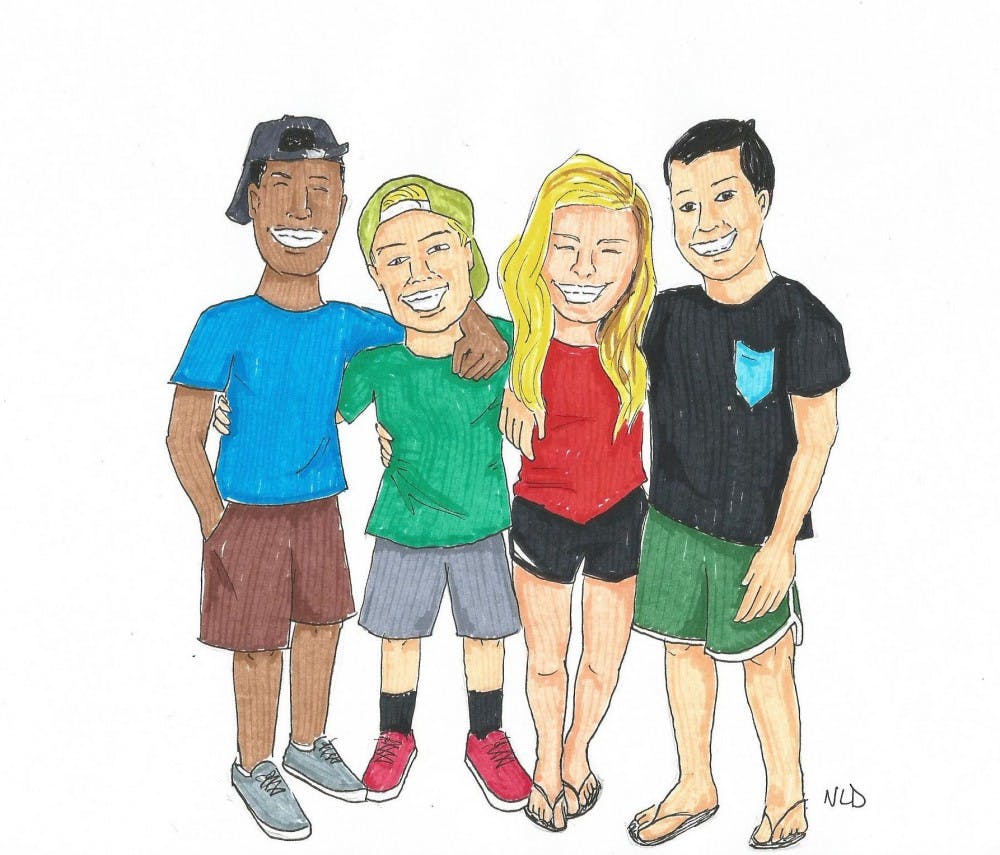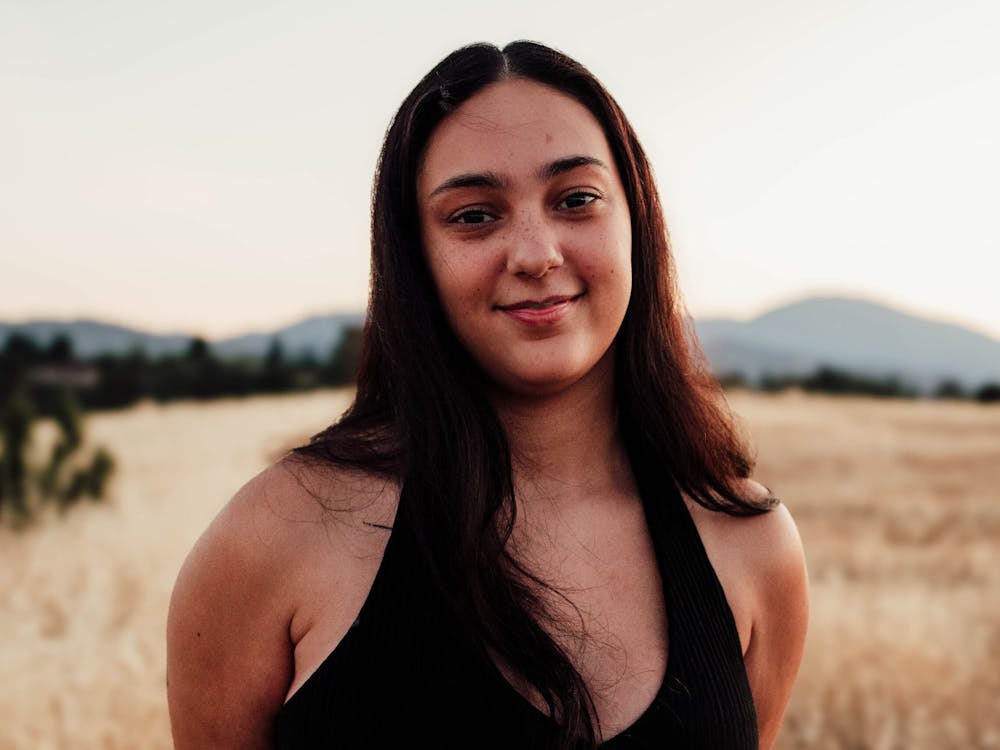We all know college is a formative time in a person’s life. While we’re moving through this important time in our personal development, we’re simultaneously seeking and establishing important social connections that can affect us for the rest of our lives.
Whether you’re forging a new friendship with a friendly guy in your Theology class, or you’re deepening your friendships with teammates, the people you choose to surround yourself with have a powerful impact on you.
As a fortune cookie or artistic Instagram post once said: “Your vibe attracts your tribe.” But it’s more complicated than that, because your “tribe” also affects your “vibe.”
There are a lot of benefits to having strong, positive friendships, and it’s a lot more than just having someone to hold your hair back after you’ve had too much to drink or having someone to be your wingman.
According to the Mayo Clinic, emotional benefits of friendships include: increased sense of belonging and purpose, boosted happiness, reduced stress, improved self-confidence and self-worth, help coping with trauma and encouragement to make healthy lifestyle choices.
Research shows that smaller social networks and greater loneliness can increase your risk for substance abuse, health problems and even mortality.
But remember: There’s a difference between being alone and being lonely.
Not everyone wants to be surrounded by people all the time. Some of us get energy from being around others, and some of us need alone time to recharge. Whatever you need to be happy and healthy is what you should do. But when being alone turns into feeling lonely — that’s when it’s important to find your friends.
And just because there are benefits to having strong social support, doesn’t mean you should try to be friends with everyone. Friends can be sources of stress and can be negative influences as well, so it’s important to choose our friends wisely.
But how do you find friends?
Freshmen Orientation is one of the first places we made friends at UP. Between built-in friendship options like roommates and floormates and endless awkward ice-breakers, there are a lot of opportunities to make friends our freshman year.
By sophomore year, you’ve established a couple close friends and an array of other social connections: peripheral friends, acquaintances, lab partners, coworkers, teammates and crushes.
During junior year, you’ve deepened your friendships. You’re probably closer to some of your friends than you’ve been with others in the past. You may have had to help a friend deal with a messy breakup, or they may have helped you overcome the loss of a loved one.
By senior year, you have your friends. They know you better than anyone, and you trust them with your biggest fears and insecurities. When you go to class, you recognize most of the people in the room.
But sometimes, life doesn’t work out smoothly. Friendships don’t get to develop. Your best friend transfers. Your lab partner drops the class. Friends become distant acquaintances. Girlfriends become ex-girlfriends. Your crush graduates early before you can confess your love for them.
Sometimes you have to make new friends. Sometimes it’s easy. But sometimes there’s not a bubbly blonde girl at the party asking to play a card game and be best friends forever. Sometimes you have to push yourself outside your comfort zone in order to create new friendships. Chances are meeting new people won’t be as scary as you think it will be. If you’re genuine and kind, most people will want to be your friend anyway.
Here are some ideas of how to make friends in non-awkward ways:
- Attend an event on campus. Lecturers hold discussions in BC practically every month. And if nothing else, CPB movies and Pilots After Dark are weekly staples in campus life.
- Volunteer. The Moreau Center has so many opportunities for students to volunteer their time in the community. If you go through the Moreau Center, they’ll probably connect you with other students, and if someone’s volunteering, they’re probably a good person and would make a great friend.
- Join a club. UP has a club for everything: comic books, gardening, treasure hunting ... You name it, chances other people are into it too.
- Accept invitations. How many times have you received a Facebook invite to a party or discussion group or movie screening? Instead of ignoring that little red notification, click on it, say you’re ‘Going’ and then go! And if that’s not your style …
- Create the invitation yourself. Sometimes people don’t know we want to hang out until we ask them. Ask a classmate if they want to get coffee after class or if that guy in your dorm wants to get breakfast sometime.
Ultimately, the effort it takes to make new friends is worth it. Your mind and body depend on your social supports. You can’t do this alone — and you don’t have to.








